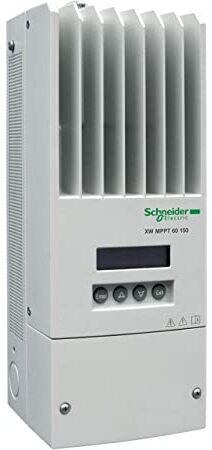- Mon-Fri: 8am-5pm
- +(234) 0903 6261 080
- info@juststandout.com
- +(234) 0903 6261 080
- info@juststandout.com

In today’s modern world, there are more and more options available to heat, cool, and power buildings and structures than ever before. One of such options is using solar panels.
Solar panels also known as solar photovoltaics (PV), captures the sun’s energy using photovoltaics cells. The photovoltaic cell is the vital component of a solar panel; PV cells are made from semiconductor like silicon and doped with other elements like boron and phosphorus. The cells convert the sunlight into electricity which can be used to power both residential and commercial buildings. Usually the initial investment may be high as the panels can be expensive. However, the solar panels are an excellent solution in the long run as they provide free electricity.
Companies and individuals should consider investing in solar panels because solar panels are an investment and they give you the chance to cut down on electricity costs which means you end up saving money in the long term. Many people have made the switch to using solar panels because it is a viable, clean way that harnesses the sun’s resources to power electricity.
Solar power is a reliable and plentiful renewable resource. Some advantages of solar power are
Solar power systems come in all sizes and shapes. The most common systems are power coupled systems for residential application. The system is mounted on buildings, car ports etc which can be linked to power utility. Solar power systems are presently so advanced that they can be used for any load consumption whether Commercial or Residential applications.
Nigeria is exposed to bright sun which gives widespread alternative to using solar power by businesses and homes.
Individuals and businesses can benefit from solar installations as they;
Solar installations will give individuals and businesses in areas with limited or no access to the grid access to electricity.
A solar controller when installed with your solar system will help control voltage or current to keep your batteries from over charging. Charging and maintaining batteries through solar will result in better battery performance and longer battery life. It is important to note that if a battery reaches full charge, and the sun is still shining; you risk overcharging the battery and prevent the electricity from the batteries from entering through the panels when there is no sun. A charge controller is deemed as an integral part of a power system.
Most people believe getting solar as a backup solution or as the only source of electricity requires just solar panels mounted on the roof or ground. It is more than that, below are the things you need to consider before you think about solar;
Electricity generated by solar panels are produced as direct current (DC), compared to electricity distributed through the grid and used in residential and commercial applications which is Alternating current (AC). As a result of this, most solar photovoltaic systems are now connected up to an inverter; this changes from DC to AC giving electricity to be used easily.
Need help? Chat with us.